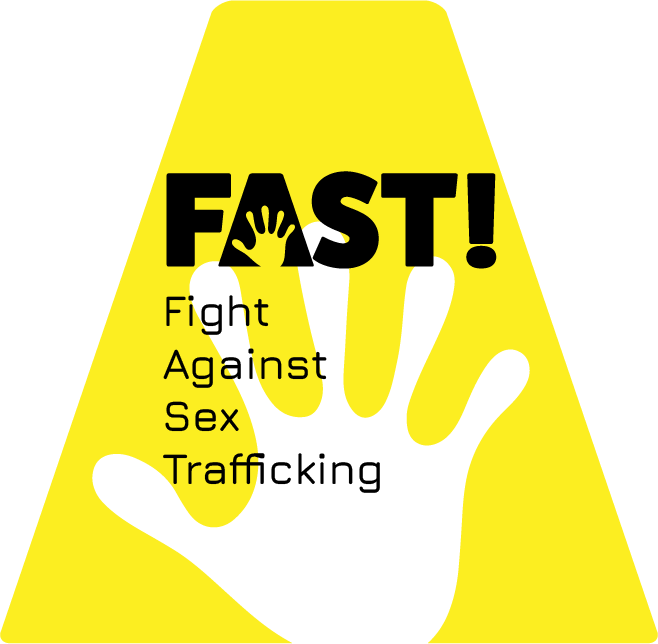
10 SIGNS OF SEX TRAFFICKING
Sex trafficking is an incredibly distressing crime that inflicts suffering on its victims, involving the forced exploitation of individuals for sexual acts and purposes. Sadly, the nature of this crime makes it extremely difficult to identify victims, as traffickers employ manipulative tactics and exert control to keep their victims hidden from view. It is vital, therefore, to be able to recognize the subtle signs that may indicate someone is being subjected to sex trafficking. By doing so, we can play a critical role in identifying and providing much-needed help to potential victims, offering them a lifeline out of their harrowing circumstances.
1. DISORIENTED OR FEARFUL BEHAVIOUR
2. RESTRICTED FREEDOM OF MOVEMENT
3. PHYSICAL APPEARANCE
4. INABILITY TO MAKE DECISIONS OR SPEAK FOR THEMSELVES
5. SIGNS OF SEXUAL EXPLOITATION
6. PRESENCE OF CONTROLLING INDIVIDUALS
7. INCONSISTENT STORIES
8. DISCONNECTED FROM FAMILY AND COMMUNITY
9. FALSE IDENTIFICATION OR LACK OF OFFICIAL DOCUMENTS
10. LACK OF CONTROL OVER FINANCES
It’s important to understand that just noticing these signs doesn’t automatically mean someone is a victim of sexual trafficking. However, if you have suspicions about someone possibly being a victim, it’s incredibly important to share your concerns with the local police or organizations that fight against trafficking. Trained experts can carefully assess the situation, offer the right support, and seek the necessary help for the person in question. By reporting your suspicions, you could potentially make a significant difference in someone’s life and help them find the assistance they need.
